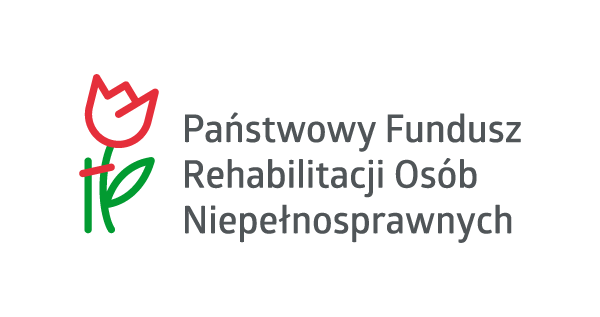Abstract
Unused Assets. International Aid and the Birth of Vocational Rehabilitation in Poland after the Second World War
In 1946, at the request of the Polish government, UNRRA sent in two British experts in vocational rehabilitation to help establish the national framework of helping people with disabilities. During numerous meetings with government representatives, medical doctors, and social workers, as well as by trainings, lectures, and screenings of instructional films, they tried to familiarise Poles with the British model of rehabilitation. The model assumed close integration of medical and vocational rehabilitation and aimed at placing the disabled workers in the industry alongside those without disabilities. Initially, officials from the Polish Ministry of Labour and Social Welfare seemed to be keen to adopt such an approach, but in 1949, they turned toward the Soviet solutions. One of the main effects of this shift was moving away from employing the disabled in the industry. They were encouraged to join cooperatives instead, which, in the end, proved to be unfavorable to their social rehabilitation. The article reconstructs the activity of the British experts in Poland and analyses their observations from the encounters. By situating these events in a broader context of political and social conditions, I argue that replacing the progressive British model with Soviet solutions stemmed from the ongoing process of the Sovietization of Poland.
Keywords: disability, cooperatives, physical medicine and rehabilitation, vocational rehabilitation, UNRRA
Słowa kluczowe: niepełnosprawność, spółdzielczość, rehabilitacja zawodowa, rehabilitacja medyczna, UNRRA
Projekt badawczy został sfinansowany przez Państwowy Fundusz Rehabilitacji Osób Niepełnosprawnych, grant nr BEA/000046/BF/D
The research has been funded by The State Fund for Rehabilitation of Disabled People, grant no. BEA/000046/BF/D

